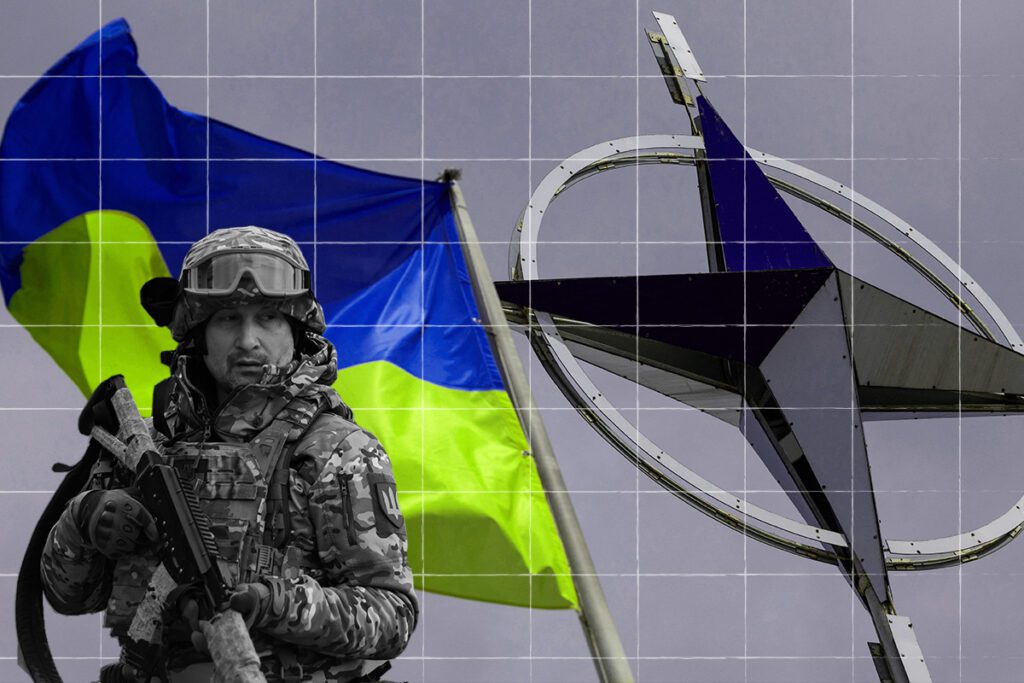In this article, we will delve into the various defense priorities of different regions around the world, including the Asia-Pacific, Middle East, Europe, and Africa. Each region faces unique security challenges that influence their defense policies, from the threat of nuclear proliferation in the Asia-Pacific to counterterrorism efforts in the Middle East. The implications of these diverse defense policies on international security underscore the importance of cooperation and coordination among nations. By understanding and addressing the priorities of different defense policies, policymakers can effectively navigate the complex international security landscape and work towards promoting stability and peace globally.
From Region to Region: Understanding the Priorities of Different Defense Policies
When it comes to defense policies, countries across the globe have different priorities based on their geographical location, historical context, and perceived threats. These priorities shape the way in which countries allocate resources, develop capabilities, and engage in strategic decision-making. In this article, we will explore how defense policies vary from region to region and how these differences impact international security.
Asia-Pacific Region
In the Asia-Pacific region, countries are grappling with a range of security challenges, including territorial disputes, nuclear proliferation, and the rise of non-state actors. As a result, many countries in the region have focused on modernizing their military forces, developing advanced technologies, and forging alliances with like-minded partners. For example, Japan has been investing heavily in missile defense systems and cybersecurity capabilities to counter the growing threat posed by North Korea.
Middle East
In the Middle East, defense policies are largely shaped by the region’s complex geopolitical dynamics, including ongoing conflicts, sectarian tensions, and the presence of extremist groups. Many countries in the region have prioritized counterterrorism efforts, border security, and military intervention in neighboring countries. Saudi Arabia, for instance, has been leading a coalition of Arab states in Yemen to combat the Houthi rebels and restore stability to the region.
Europe
In Europe, defense policies are shaped by the broader security landscape of the continent, including the threat of Russian aggression, the rise of populist movements, and the challenges posed by cyber warfare. Many European countries have emphasized collective defense through organizations like NATO, as well as increased defense spending and interoperability among military forces. The Baltic states, for example, have called for greater NATO presence in the region to deter Russian encroachment.
Africa
In Africa, defense policies are largely focused on addressing internal conflicts, terrorism, and transnational crime. Many African countries have struggled to build capable and professional military forces, leading to reliance on regional organizations like the African Union for peacekeeping operations. Nigeria, for example, has been dealing with the Boko Haram insurgency in the northern part of the country, leading to increased military operations and international assistance.
Implications for International Security
The diversity of defense policies across regions highlights the complexity of international security dynamics and the need for cooperation and coordination among countries facing common threats. While each region faces unique challenges and priorities, there are also commonalities in terms of the need for strong deterrence, effective military capabilities, and robust alliances. By understanding the priorities of different defense policies, policymakers can better assess the security risks and opportunities in each region and work towards promoting stability and peace on a global scale.
